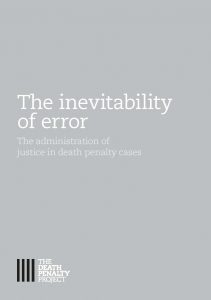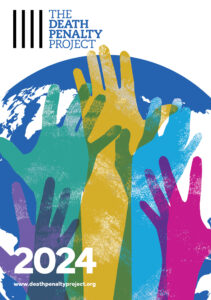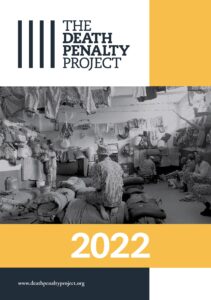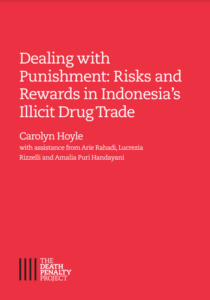The Inevitability of Error: The administration of justice in death penalty cases (2014)
- Reports and Studies
- 24 Jul 2014
This report on wrongful convictions in capital cases was published in association with the Centre for Criminology at Oxford University, the Centre for Prisoners’ Rights in Japan and the University of Virginia School of Law. The report, The inevitability of error: The administration of justice in death penalty cases was launched at events held in Puerto Rico and Japan.
The report provides a global snapshot of cases and research findings of wrongful convictions from Japan, the United States, Taiwan, the Commonwealth Caribbean, Sierra Leone and the United Kingdom.
The report was motivated in part by the recent case of Iwao Hakamada in Japan, who was released from death row earlier in 2014, having served the last 47 years in solitary confinement awaiting execution after or new evidence came to light. This case has caused a measure of public disquiet and has once again demonstrated that wrongful convictions happen and that no country is immune. The reality is that there is no perfect criminal justice system and error is inevitable.
International norms impose exacting standards in death penalty cases so as to reduce the possibility of wrongful convictions, but the findings and examples in this report leave no doubt that miscarriages of justice cannot be eliminated altogether carrying the risk that innocent persons will be executed wherever the death penalty is imposed.
The report has been translated into Japanese and Belarussian.
Related media articles:
- DNA clears North Carolina inmates after 30 years in prison , The Guardian, 2 September 2014
- Japanese man freed after 45 years on death row, The Guardian, 27 March 2014
- Military Court exonerates Chiang Kuo-Ching, Taipei Times, 14 September 2011





